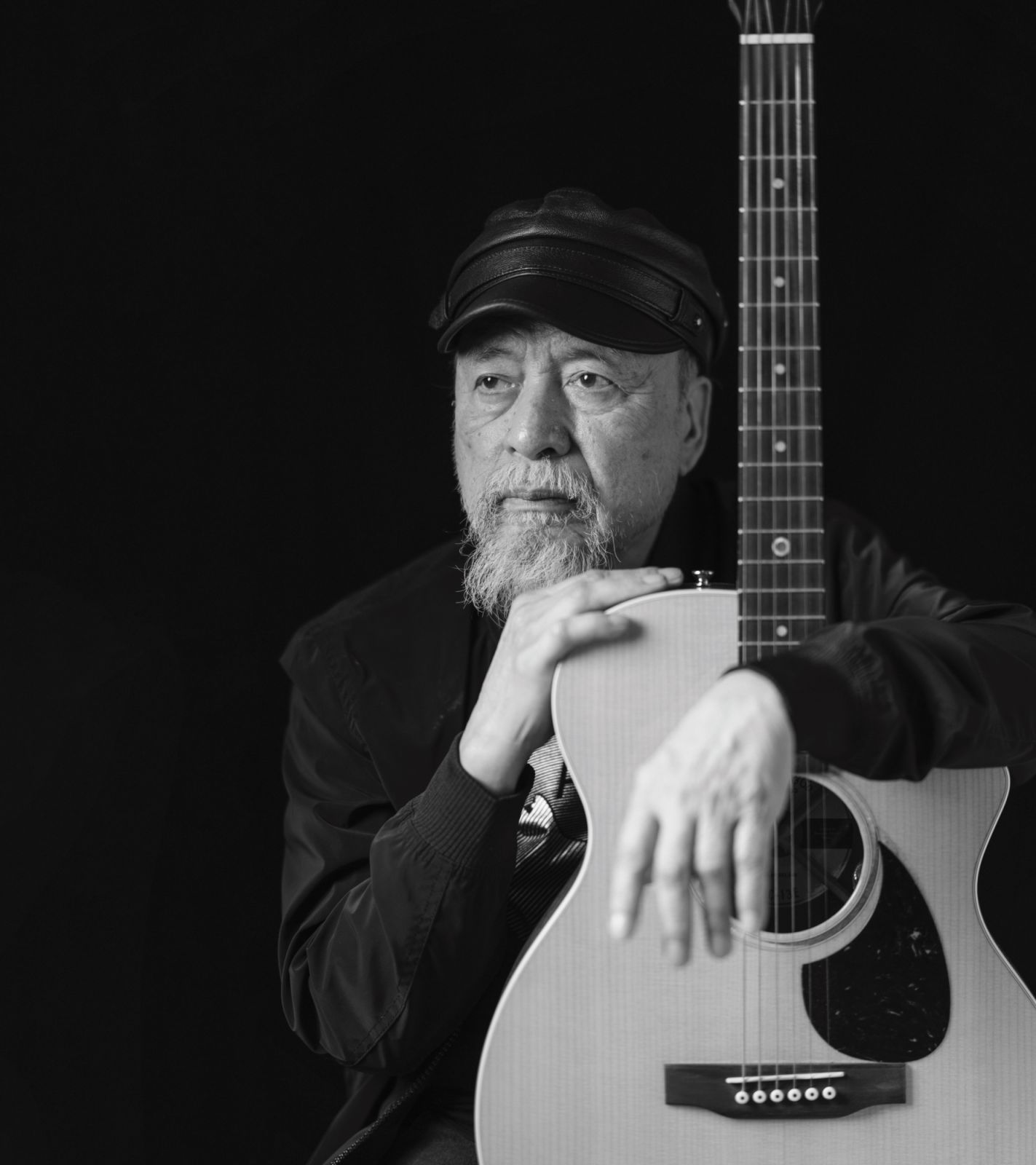Once celebrated under blinding stage lights, Mike Hanopol, one of the founding fathers of Pinoy Rock, now finds himself hiding in the shadows—literally. In 2025, at the age of 79, Hanopol is not just a music icon or spiritual leader. He is now also a plaintiff, a whistleblower, and—shockingly—a man under threat.
The reason? His classic hit song “No Touch”, misused as a political jingle without his permission, has dragged him into a high-stakes legal and personal battle that forced him to flee his home in Tanauan City, Batangas.
But before we dive into the controversy, let’s rewind the tape and trace the journey of a man whose life has been anything but ordinary.
A Rebel with Rhythm
Born Michael Abarico Hanopol on April 10, 1946, in Leyte, Mike’s love for music began early. By six, he could play the ukulele; by fourth grade, the guitar. But his path to stardom wasn’t straightforward. Pressured by his father to join the seminary, Mike lasted only a short while before choosing passion over obligation. He later pursued and completed a degree in Psychology—a fitting background for someone who would spend his life analyzing the soul of a nation through music.
Mike rose to fame as a core member of the legendary Juan Dela Cruz Band, alongside Pepe Smith and Wally Gonzalez. Together, they created Pinoy Rock—a genre born from Western rock and Filipino soul, wrapped in raw emotion and social commentary. Their song “Himig Natin” became the soundtrack of the Filipino youth in the 1970s.
Solo Stardom and Cultural Influence
While the band’s fame was massive, Hanopol’s solo career was equally impactful. His hits like “Lakay” and “Mr. Kengkoy” reflected deep observations about Filipino society—delivered with wit, grit, and authenticity. As a composer, he wasn’t content with just making hits. He mentored artists, formed the first Filipino boy band Hagibis, and helped shape the landscape of OPM (Original Pilipino Music).
With over 20 albums, international performances, and Gold Awards under his belt, Hanopol stood not just as an artist but a cultural force. He even opened for Led Zeppelin and Pink Floyd during their Asian tours—an honor few Filipino artists can claim.
Spiritual Awakening in America
In the 1990s, while living in the U.S., Hanopol underwent a profound spiritual shift. Reconnecting with long-lost family in New York, he discovered his Jewish roots. This revelation led him to embrace Judaism, study the Torah, and become a teacher of the faith.
By 2015, he publicly expressed his dream of becoming the first Filipino Rabbi—a rare spiritual evolution for a man once known as the wild, long-haired rock god of Manila. His later music carried themes from biblical texts and reflected his maturing worldview. Songs like “Balong Malalim” and his album “Lagablab” merged scripture with song.
Back to the Homeland

Though he had tasted the American dream, Mike’s heart remained Filipino. He returned to the Philippines in the early 1990s to continue his musical and spiritual journey. Despite aging, he never slowed down. In 2025, he’s still performing, composing, and teaching.
His life and music are being celebrated in a new stage production: “Jeffrox: The Musical”, set to premiere at the GSIS Theater in the Cultural Center of the Philippines. The musical promises to showcase not just his songs, but his evolution—from rebellious rocker to spiritual mentor.
The Legal Battle Over ‘No Touch’
Yet, while fans prepare to honor his legacy on stage, Hanopol is engaged in a real-life drama offstage.
Earlier this year, he filed a copyright infringement lawsuit against a local politician in Batangas. The complaint? The politician used his classic hit “No Touch” during campaign rallies, changed the lyrics, and never sought permission.
Hanopol initially demanded ₱1 million in damages for 29 counts of intellectual property violations. But the settlement reached through the Batangas Regional Trial Court fell far short—just ₱70,000, of which only ₱50,000 has been paid so far. Not even enough to cover his legal fees, he says.
Worse, after the settlement, Hanopol received a disturbing phone call from a barangay captain allegedly connected to the politician. During the call, the captain reportedly questioned the settlement amount and made a chilling remark: “You’re difficult to deal with… just watch your life.” Hanopol took this as a death threat.
In response, he and his partner immediately left their home and went into hiding. The threat, he says, is not just against his safety—but against artistic freedom, legal justice, and personal dignity.
Still Standing, Still Singing
Despite all this, Hanopol remains resilient. In a recent interview, he admitted that his brush with death during the COVID-19 pandemic in 2021 made him more reflective. Hospitalized with oxygen levels dropping dangerously to 72%, he survived, prayed, and came out stronger. He credits his recovery to faith, common sense, and respect for nature.
Even now, at 79, Hanopol continues to write music. “Music is my voice, and my voice is not for sale,” he said. “Not to politicians, not to anyone.”
More Than a Musician
Mike Hanopol is more than a rockstar. He is a witness to Philippine history, a fighter for creative rights, and a beacon for spiritual rediscovery. His story reminds us that fame is fleeting, but integrity endures.
Whether onstage or in court, Hanopol stands as a symbol of what it means to fight for what you believe in—even if the fight comes long after the last song fades.






